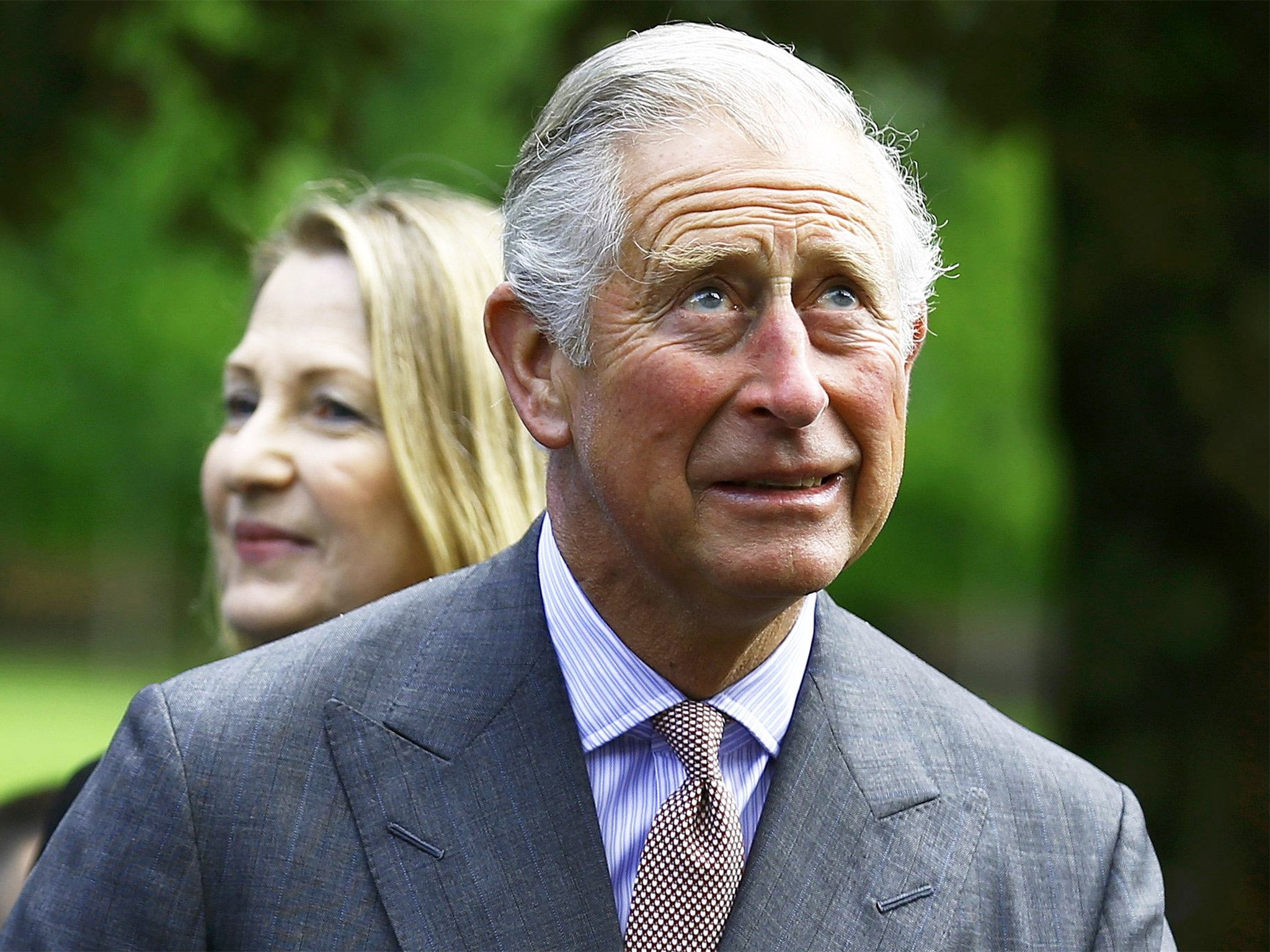Prince Charles has been routinely sent secret Cabinet papers for decades
Revelation after FoI battle follows release of so-called 'black spider memos' sent by the Prince to ministers

Your support helps us to tell the story
From reproductive rights to climate change to Big Tech, The Independent is on the ground when the story is developing. Whether it's investigating the financials of Elon Musk's pro-Trump PAC or producing our latest documentary, 'The A Word', which shines a light on the American women fighting for reproductive rights, we know how important it is to parse out the facts from the messaging.
At such a critical moment in US history, we need reporters on the ground. Your donation allows us to keep sending journalists to speak to both sides of the story.
The Independent is trusted by Americans across the entire political spectrum. And unlike many other quality news outlets, we choose not to lock Americans out of our reporting and analysis with paywalls. We believe quality journalism should be available to everyone, paid for by those who can afford it.
Your support makes all the difference.Prince Charles has been routinely sent secret Cabinet papers for decades, giving him privileged access to confidential and market sensitive information, it has emerged.
The arrangement, under which records of ministerial deliberations are automatically released to the Prince of Wales as well as the Queen, has been revealed following a three-year freedom of information battle.
It follows the disclosure that the heir to the throne has regularly lobbied ministers over pet subjects including homeopathy, architecture, rainforests, rural housing and military spending.
The campaign group Republic, which obtained the information, called for the “quite extraordinary and completely unacceptable” practice to be scrapped. It wrote to David Cameron demanding that the prince be removed from the circulation list for the papers, which would normally be kept secret for 20 years.
The Cabinet Office had resisted the release of the so-called “precedent book”, which details the inner workings of the Government, but was ordered by a freedom of information tribunal to publish several parts.
One section of the book, drawn up in 1992, reads: “The documents of the cabinet and ministerial committees are issued primarily to the sovereign, the Prince of Wales, and ministers… The need for secrecy calls for special care in circulation and handling.
“The standard circulation for cabinet memoranda includes the Queen, the Prince of Wales, all members of the cabinet, any other ministers in charge of departments, the attorney general and the chief whip… Ministers of state and junior ministers do not normally receive memoranda.”
The revelation follows the release in May, following another FoI battle, of the so-called “black spider memos” sent by the Prince to ministers over several years. Twenty-seven letters – 10 from Charles to ministers, 14 by ministers and three letters between private secretaries – written between September 2004 and March 2005 were published.
In its letter last night to Mr Cameron, Republic said: “The fact that… Charles has privileged access to Cabinet papers is a further cause for concern as it means he is able to lobby ministers in secret at every stage of policy development process.
“It is plainly wrong Charles can lobby on new policy proposals even before the public are aware of the existence of such proposals. Cabinet papers will include market-sensitive information that would enable a person in possession of the information to use it to further their own financial interests.”
A Cabinet Office spokesman said: “It has been established practice for many years that the sovereign and the heir to the throne receive the minutes of Cabinet meetings. It is important the head of state and her heir are properly briefed.”
Paul Flynn, a Labour member of the Commons public administration and constitutional affairs committee, called for a parliamentary investigation.
“He is not just a figurehead, he has become a participant in national debate and there is no control over his lobbying,” he told The Guardian.
“This means that he is not only the most influential lobbyist, but the best informed and he is lobbying for his own interests, which are not always benign or sensible.”
Subscribe to Independent Premium to bookmark this article
Want to bookmark your favourite articles and stories to read or reference later? Start your Independent Premium subscription today.
Join our commenting forum
Join thought-provoking conversations, follow other Independent readers and see their replies
Comments